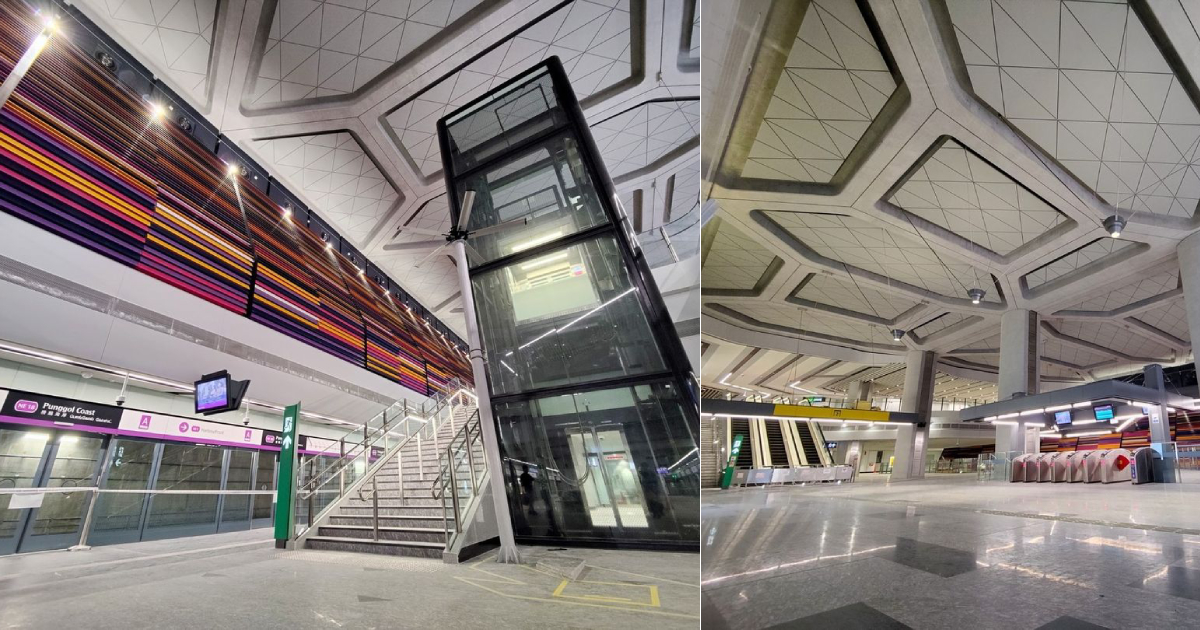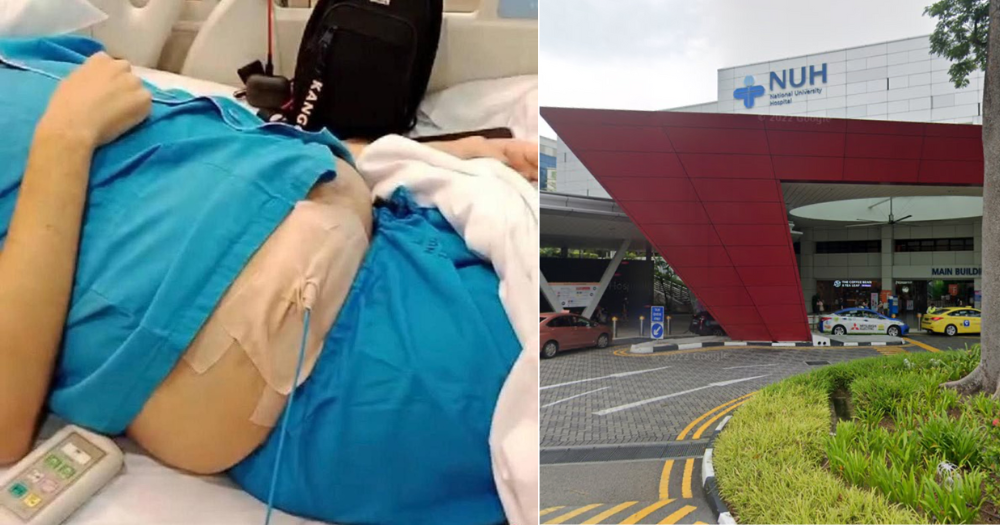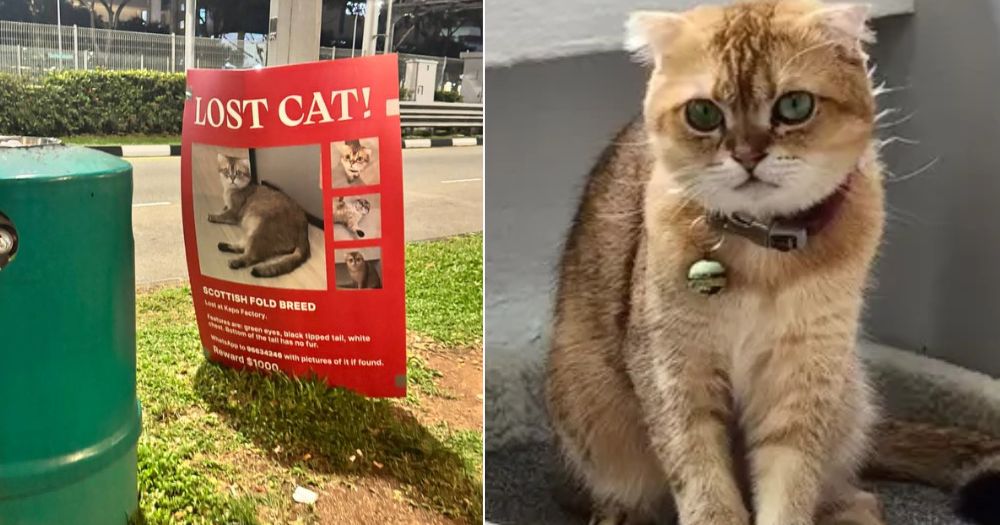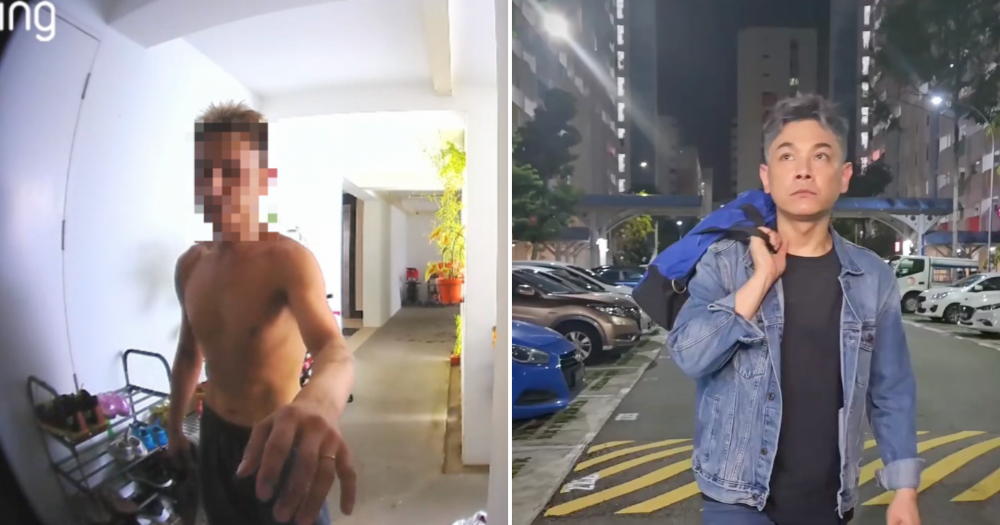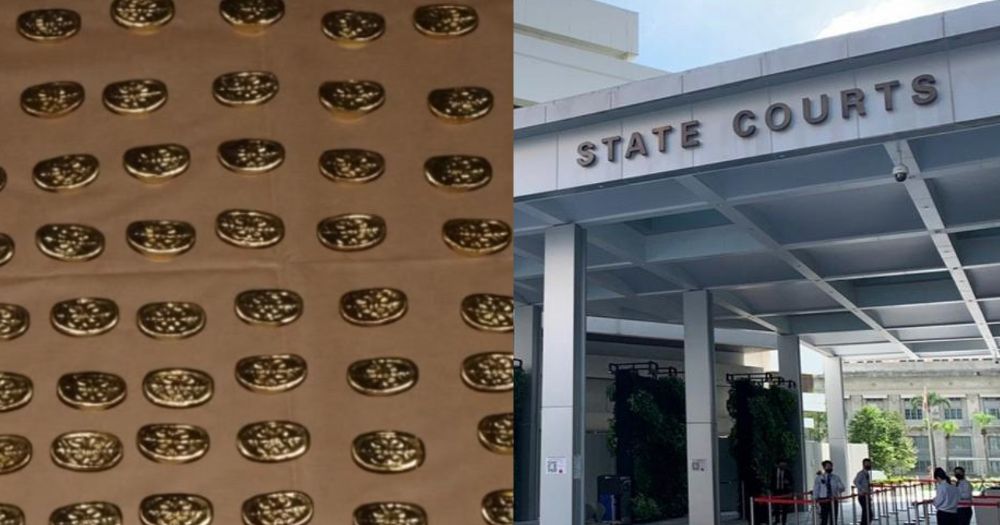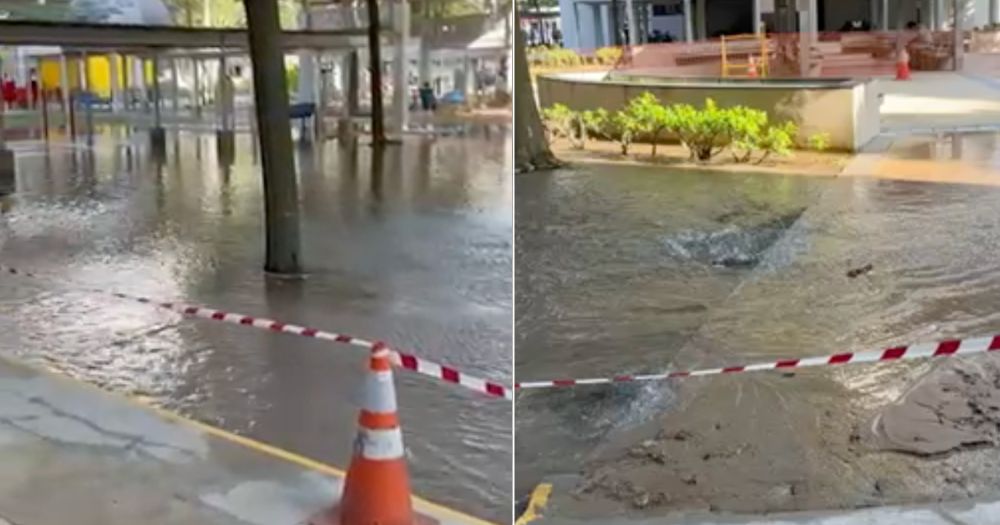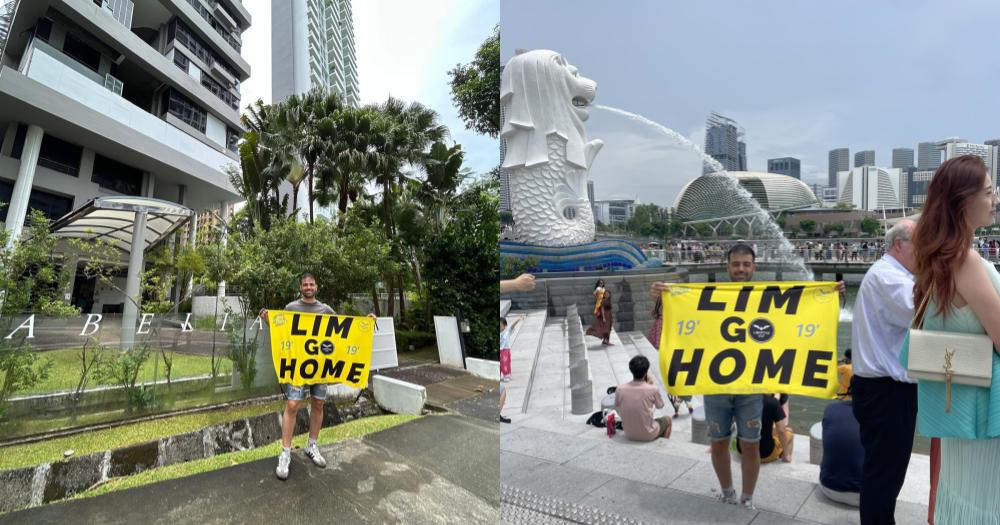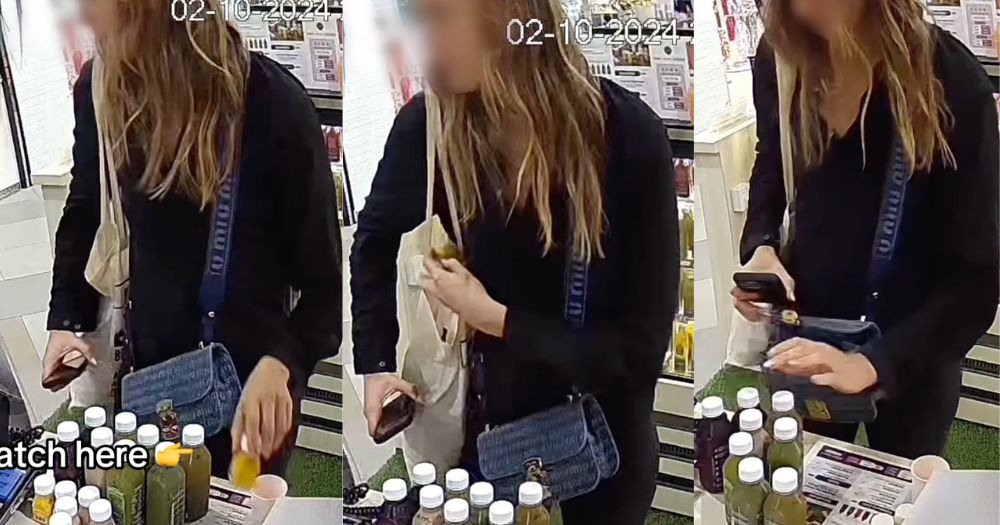Cat licensing in S'pore begins Sep. 1 & here's everything you need to know
Starting from Sep. 1, 2024, cat owners will have two years to get their cats microchipped and licensed.
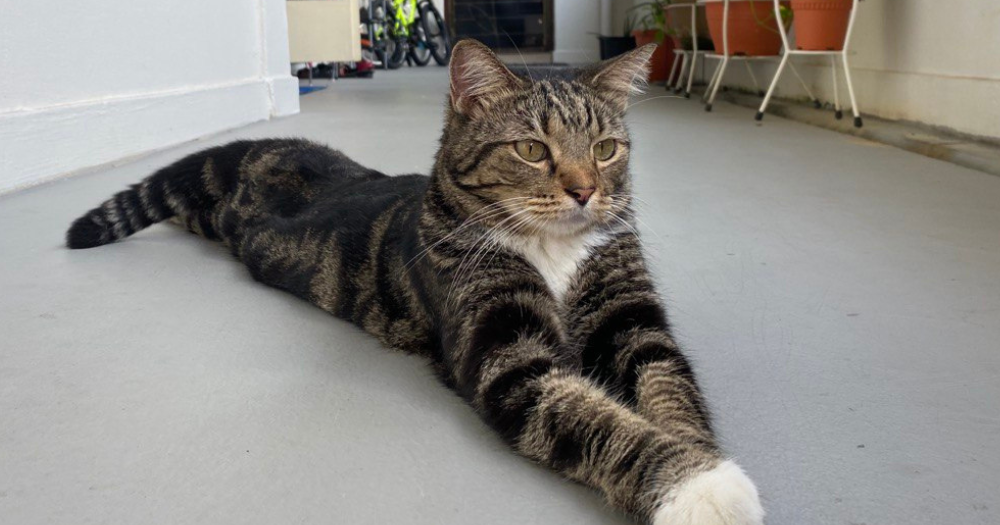
Starting from Sep. 1, 2024, cat owners will have two years to get their cats microchipped and licensed.
During this transition period, which will help pet owners ease into the new changes under the framework and will last till Aug. 31, 2026, licensing your cats will also be free.
Those who have more cats than the stipulated limits will also be allowed to keep all their existing pet cats as long as:
- They are licensed within the transition period
- Owners can ensure that their cats' health and welfare are taken care of
Eligible low-income households will also be able to sterilise and microchip their cats for free from Sep. 1 onwards.
The new guidelines are part of the finalised cat management framework announced on May 11 by Senior Minister of State for National Development Tan Kiat How.
On Aug. 31, Tan posted to Facebook about the pet cat licensing framework:
"There will be a two-year transition period from tomorrow until 31 August 2026. During this period, licensing will be free for all pet cats! Do not abandon your cats - as long as you license them and ensure they are well cared for, you can keep all your pet cats," Tan said.
All pet cats will need to be licensed and microchipped
Those living in HDB flats can keep up to two cats and one dog of an approved breed.
Meanwhile, those living in private homes can own up to three cats or dogs, or a combination of both.
Pet cat licensing will be available via AVS’ Pet Animal Licensing System (PALS) from Sept. 1.
After the two-year transition period, from Sep. 1, 2026 onwards, keeping unlicensed pet cats will be an offence. Just like with dogs, owners found keeping unlicensed pet cats are liable on conviction under the Animals and Birds Rules to a fine not exceeding S$5,000.
Also, in case you haven't gotten the memo: do not abandon your cats.
Pet ownership is for life, and abandonment of pets is a crime.
Individuals found guilty of failure in duty of care to their pets, including pet abandonment, may face a fine of up to S$10,000, a jail term of up to 12 months, or both.
What to do before applying for your license
Cat owners are recommended to do three things before applying for a license.
Firstly, owners must make sure their cat is microchipped. Owners will also require the microchip number to apply for the license. Information on microchipping is available on the NParks website here.
Secondly, all first-time pet license applicants need to complete a one-time online free pet ownership course before being issued a cat (or dog) license, here.
The course will cover basic pet care skills and responsible pet ownership, and takes about 30 minutes to complete.
Thirdly, owners are strongly encouraged to sterilise their pet cats.
One-time licenses with lifetime validity will be issued for sterilised cats, while unsterilised cats will receive licenses only covering the transition period.
The Pet Cat Sterilisation Support Programme (PCSS) will also provide free sterilisation and microchipping for pet cats to eligible low-income households.
Members of the public can find out more about if they are eligible for the programme here.
Safe environment for pets
Cat owners in HDB flats and private premises will also need to ensure that their cats are kept in a safe environment and take reasonable steps to protect their cats from hazards.
This includes but is not limited to, installing meshes, grilles, screens, or other barriers to prevent the cats from roaming freely or falling from height.
Also, when in public, cat owners will need to ensure that their cats are kept under physical control, such as by placing their cats in a carrier or a harness.
Cat owners are advised to take the necessary mitigation measures should there be feedback from neighbours about non-compliance with the cat-keeping rules.
A joint media release by the Housing and Development Board (HDB) and Animal and Veterinary Service (AVS) added that in the case of cat owners in HDB flats, HDB will work closely with AVS to engage and advise them on responsible cat ownership.
If cat owners repeatedly refuse to cooperate and manage their pets properly, HDB may take enforcement action, and offenders may face a fine of up to S$4,000.
HDB and AVS added:
"We encourage pet owners to exercise responsible pet ownership and ensure that their cats do not cause disamenities (e.g. caterwauling; soiling of common areas) and inconvenience to their neighbours.
This will enable neighbours to enjoy a pleasant and harmonious living environment, as well as maintain good neighbourly relations."
Top photo from Tharun Suresh.
MORE STORIES










